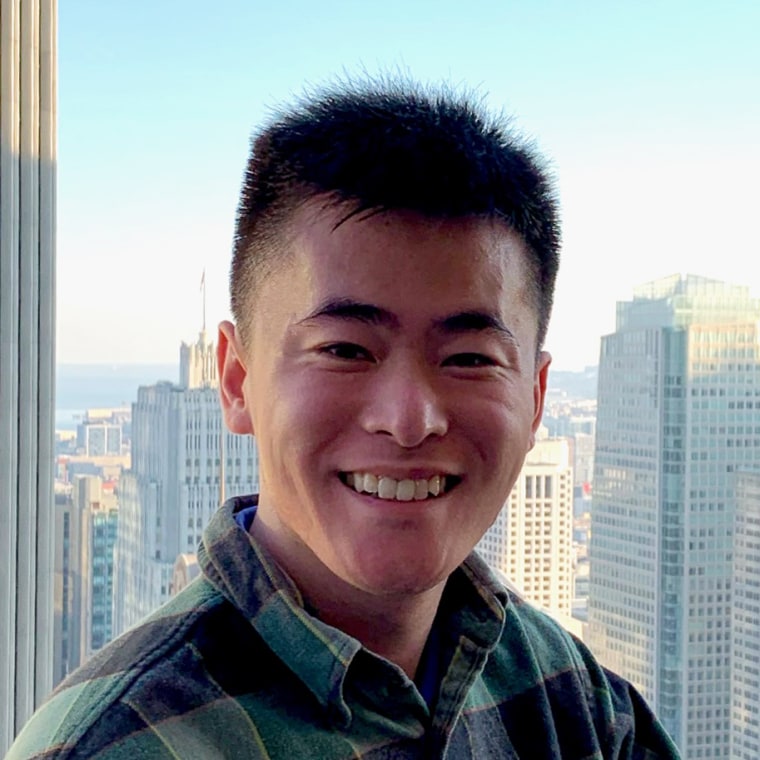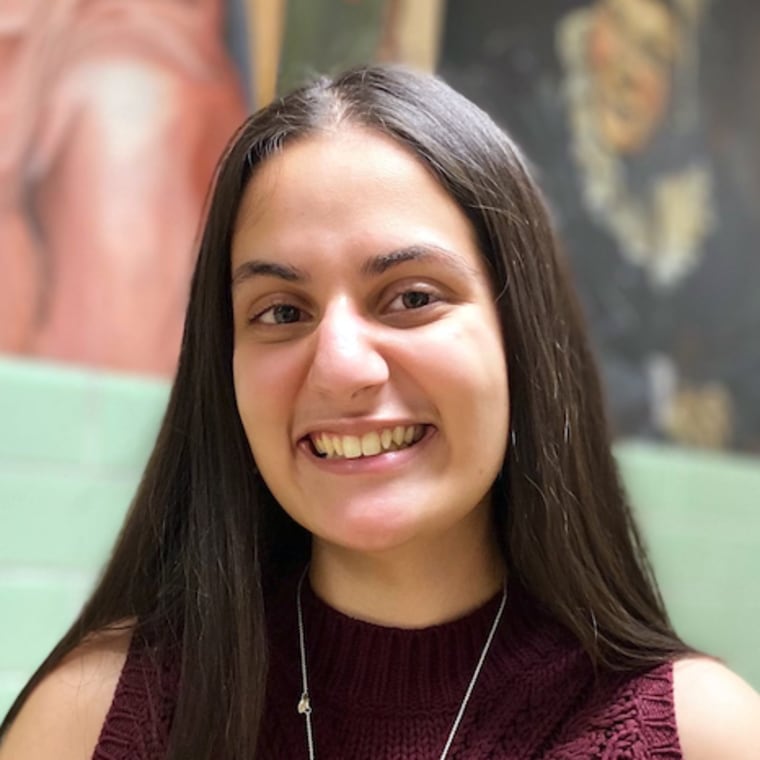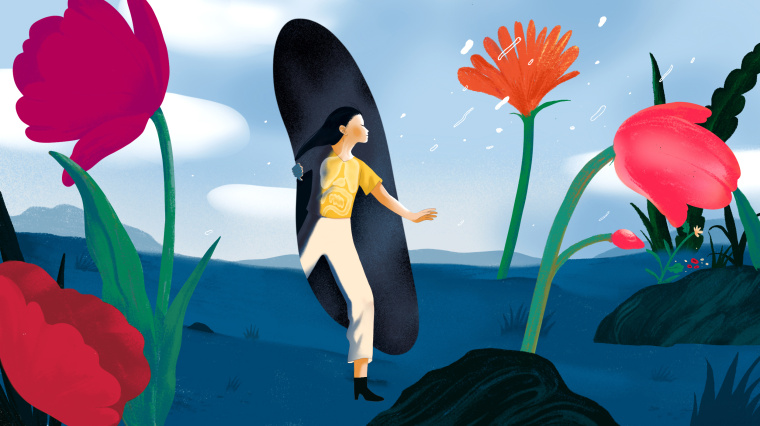In June 2020, in the midst of the pandemic, Princeton University undergraduate Jennifer Lee was diagnosed with Crohn’s disease, an autoimmune condition she describes as an “excruciatingly painful internal invisible fight.”
After undergoing a barrage of tests, hospitalizations, surgeries and treatments, she became one of the more than 1.3 million Asian Americans who self-identify as disabled.
Initially, Lee’s doctors didn’t believe she had Crohn’s disease because she is Korean American. One doctor told her it was highly unlikely because “Asians don’t get Crohn’s.” And when she went to chronic illness support groups, she was often the only Asian American or sometimes the only person of color in the room, which made her feel lonely.

“That was my first time being introduced to the intersectionality of race and disability,” Lee, 20 told NBC Asian America. “Oftentimes colleges or social circles like to box you saying you can either care about disability or Asian American advocacy or gender issues. What I’ve learned is it’s not only important to talk about all of these, but in fact they play into each other.”
These experiences led Lee to found the Asian Americans with Disabilities Initiative, or AADI, in July of 2021 with a goal of amplifying disabled Asian American voices and creating space to explore the intersectional identities of being both disabled and Asian American. The youth-led nonprofit group wants to provide the next generation of disabled Asian American leaders with accessible resources to help combat anti-Asian racism and ableism.
Last week, the advocacy organization published the Asian Americans with Disabilities Resource Guide featuring first-person testimonials, comprehensive peer-reviewed research and sections such as access to disability services, mental illness and intersectionality. The nearly 80-page online guide is designed for Asian Americans with disabilities, as well as their caretakers, family members, allies, businesses and organizations.

Justin Tsang, a recent graduate of the University of California, Berkeley, who was born with encephalopathy, which impacts his speech and motor functions, said it was rewarding to help create the guide with a team of Asian Americans with disabilities. “I think by having a like community of people with disabilities working at AADI really empowered me to know my identity,” said Tsang, AADI’s director of research. “It was definitely difficult to find resources, particularly because research that involves Asian Americans and disabilities is not very common. This work is just the beginning.”

Johns Hopkins University sophomore Ikshu Pandey, AADI’s director of community engagement, contracted a virus as a young girl that left her partially deaf and blind, something she didn't draw attention to most of her life. Working on the research guide was an awakening for the 19-year-old. “It was shocking to see there was nothing out there and that the guide would be the first of its kind,” she said. “We have our stories and we’re willing to share, we’re willing to learn about yours too — everyone’s welcome in the community.”
Experts say Asian Americans with disabilities face a set of unique challenges, including stigma, shame, cultural barriers, underrepresentation, the model minority myth and the racism and ableism that’s been exacerbated by the pandemic. Although 1 in 10 Asians have a disability, researchers have found that disabled Asian Americans are underserved and receive lower-quality support and rehabilitation compared to groups such as Latinos and Blacks.
However, groups like AADI say things are finally changing, thanks in part to the pandemic, the national reckoning on race, and the power of social media. “Right now, I believe we’re on the cusp of a new generation of disability leaders, especially with the onset of the Covid-19 pandemic and increased discourse around long Covid and what it means to be chronically ill,” Lee said.
“I think we’re going to enter a whole new era of what disability means. Our generation will be equipped to have these hard conversations and to destigmatize disability even more so.”
